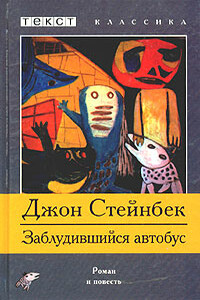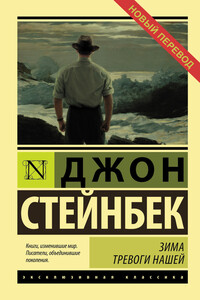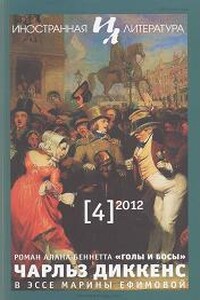Once there was a war - страница 2
But all this is conjecture, no matter how possible it may be. The strange thing is that my dim-remembered war has become as hazy as conjecture. My friend Jack Wagner was in the First World War. His brother Max was in the Second World War. Jack, in possessive defense of the war he knew, always referred to it as the Big War, to his brother’s disgust. And of course the Big War is the war you knew.
But do you know it, do you remember it, the drives, the attitudes, the terrors, and, yes, the joys? I wonder how many men who were there remember very much.
I have not seen these accounts and stories since they were written in haste and telephoned across the sea to appear as immediacies in the New York Herald Tribune and a great many other papers. That was the day of the Book by the War Correspondent, but I resisted that impulse, believing or saying I believed that unless the stories had validity twenty years in the future they should stay on the yellowing pages of dead newspaper files. That I have got them out now is not for my first reason given at all. Reading them over after all these years, I realize not only how much I have forgotten but that they are period pieces, the attitudes archaic, the impulses romantic, and, in the light of everything that has happened since, perhaps the whole body of work untrue and warped and one-sided.
The events set down here did happen. But on rereading this reportage, my memory becomes alive to the other things, which also did happen and were not reported. That they were not reported was partly a matter of orders, partly traditional, and largely because there was a huge and gassy thing called the War Effort. Anything which interfered with or ran counter to the War Effort was automatically bad. To a large extent judgment about this was in the hands of the correspondent himself, but if he forgot himself and broke any of the rules, there were the Censors, the Military Command, the Newspapers, and finally, most strong of all in discipline, there were the war-minded civilians, the Noncombatant Commandos of the Stork Club, of Time Magazine and The New Yorker, to jerk a correspondent into line or suggest that he be removed from the area as a danger to the War Effort. There were citizens’ groups helping with tactics and logistics; there were organizations of mothers to oversee morals, and by morals I mean not only sexual morals but also such things as gambling and helling around in general. Secrecy was a whole field in itself. Perhaps our whole miasmic hysteria about secrecy for the last twenty years had its birth during this period. Our obsession with secrecy had a perfectly legitimate beginning in a fear that knowledge of troop-ship sailings would and often did attract the wolf packs of submarines. But from there it got out of hand until finally facts available in any library in the world came to be carefully guarded secrets, and the most carefully guarded secrets were known by everyone.
I do not mean to indicate that the correspondent was harried and pushed into these rules of conduct. Most often he carried his rule book in his head and even invented restrictions for himself in the interest of the War Effort. When The Viking Press decided to print these reports in book form, it was suggested that, now that all restrictions were off, I should take out the “Somewhere in So-and-So” dateline and put in the places where the events occurred. This is impossible. I was so secret that I don’t remember where they happened.
The rules, some imposed and some self-imposed, are amusing twenty years later. I shall try to remember a few of them. There were no cowards in the American Army, and of all the brave men the private in the infantry was the bravest and noblest. The reason for this in terms of the War Effort is obvious. The infantry private had the dirtiest, weariest, least rewarding job in the whole war. In addition to being dangerous and dirty, a great many of the things he had to do were stupid. He must therefore be reassured that these things he knew to be stupid were actually necessary and wise, and that he was a hero for doing them. Of course no one even casually inspected the fact that the infantry private had no choice. If he exercised a choice, he was either executed immediately or sent to prison for life.





